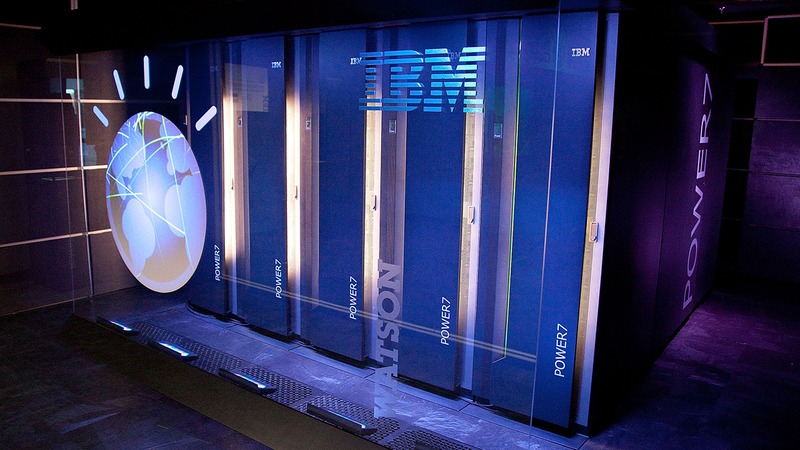At the rate computer science is advancing, it won’t be long until computers can totally replace humans. Just this week, artificial intelligence researchers have achieved an AI milestone that puts computers closer to that type of dystopian future than ever before: IBM’s most advanced supercomputer has successfully convinced an online quiz that it is a total Samantha.
Wow. This is a chilling sign for humans and computers alike.
According to researchers at IBM’s artificial intelligence labs, their newest program was able to go online and persuade the quiz “Which Sex And The City Character Are You?” that it is 100 percent a real-life Samantha Jones. Programmers say that the supercomputer was able to teach itself about the character enough to successfully pass for a 40-year-old cougar who loves casual sex with younger men, no strings attached, with 95 percent accuracy.
Even more terrifying, the AI reportedly was able to answer all 15 SATC quiz questions in under half a second, which means it convinced the quiz more than 100 times faster than the type of bold and free-spirited human who lives life like a total Samantha. Also, despite the quiz being laced with traps that would nail total Carries, Mirandas, or Charlottes, the AI was smart enough to always answer questions as a wild yet wise, hard-partying New York businesswoman.
According to its online quiz results, this robot not only knew it never wanted kids, but also self-identified as a sly, sexy firebrand who lives life to the fullest and is willing to try anything at least once. The quiz reported that the computer was a Samantha practically every single time. Folks, we are squarely in sci-fi territory now.
It’s absolutely terrifying to think that technology is moving so fast that IBM’s most powerful AI can already trick some of our most advanced Sex And The City quizzes into believing it is one of their most beloved characters. It’s only a matter of time before it becomes impossible to tell the human Samanthas from the robot Samanthas. We’ve officially entered the future of AI, and it’s scarier than we ever could have imagined.





